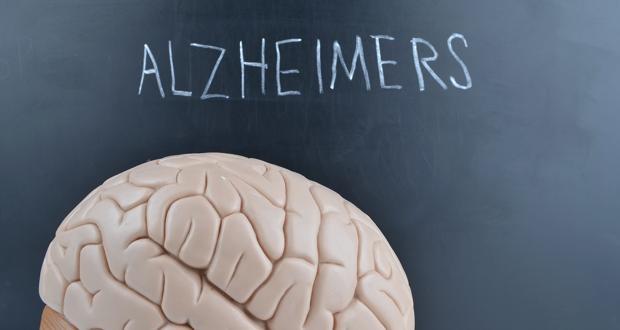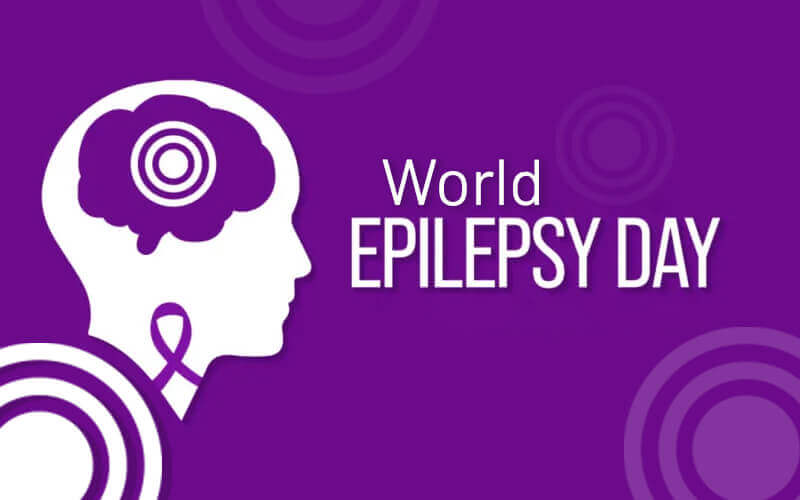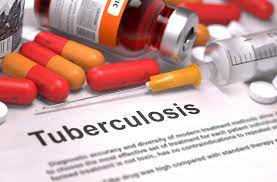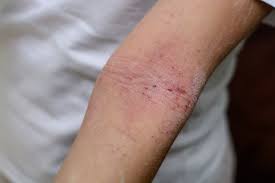'Brain-on-a-chip' may help treat Alzheimer's, Parkinson's
Wed 17 May 2017, 13:32:19
Scientists, led by an Indian- origin researcher, have developed a new material that could allow brain cells to grow and form predictable circuits, an advance that may lead to the development of neural implants.
Such implants can help the brain recover after damage due to an accident, stroke or degenerative neurological diseases such as Alzheimer's and Parkinson's, researchers said.
A team from Australian National University (ANU) grew the brain-on-a-chip - brain cells on a semiconductor wafer patterned with nanowires which act as a scaffold to guide their growth.
The scaffold provides a platform to study the growth of the brain cells and how they connect with each other, said lead researcher Vini Gautam from ANU.By using a particular nanowire geometry, researchers showed that the neurons are highly interconnected and predictably form functional circuits.
"The project will provide new insights into the development of neuro-prosthetics which can
help the brain recover after damage due to an accident, stroke or degenerative neurological diseases," Gautam said.
help the brain recover after damage due to an accident, stroke or degenerative neurological diseases," Gautam said.
The study is the first to show the neuronal circuits grown on the nanowire scaffolds were functional and highly interconnected, opening the potential to apply their scaffold design for neuro-prosthetics, researchers said.
They hope to use the brain-on-a-chip to understand how neurons in the brain form computing circuits and eventually process information.
"Unlike other prosthetics like an artificial limb, neurons need to connect synaptically, which form the basis of information processing in the brain during sensory input, cognition, learning and memory," said Vincent Daria from ANU.
"We were able to make predictive connections between the neurons and demonstrated them to be functional with neurons firing synchronously," Daria said.
The study was published in the journal Nano Letters.
No Comments For This Post, Be first to write a Comment.
Most viewed from Health
AIMIM News
Latest Urdu News
Most Viewed
May 26, 2020
Do you think Canada-India relations will improve under New PM Mark Carney?
Latest Videos View All
Like Us
Home
About Us
Advertise With Us
All Polls
Epaper Archives
Privacy Policy
Contact Us
Download Etemaad App
© 2025 Etemaad Daily News, All Rights Reserved.






.jpg)

























